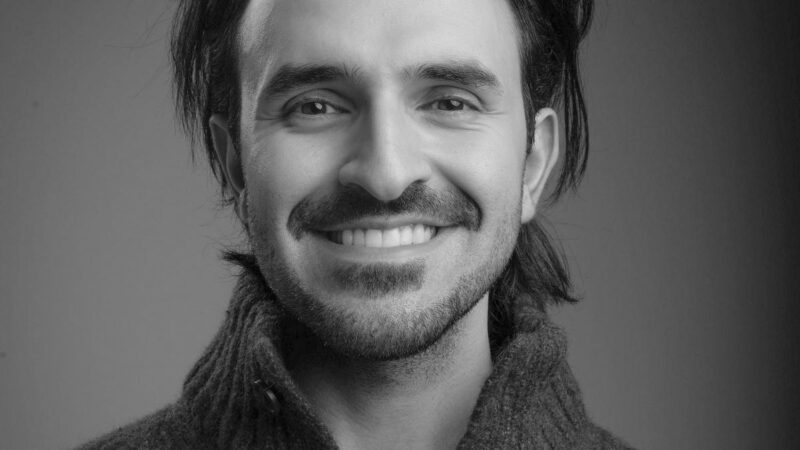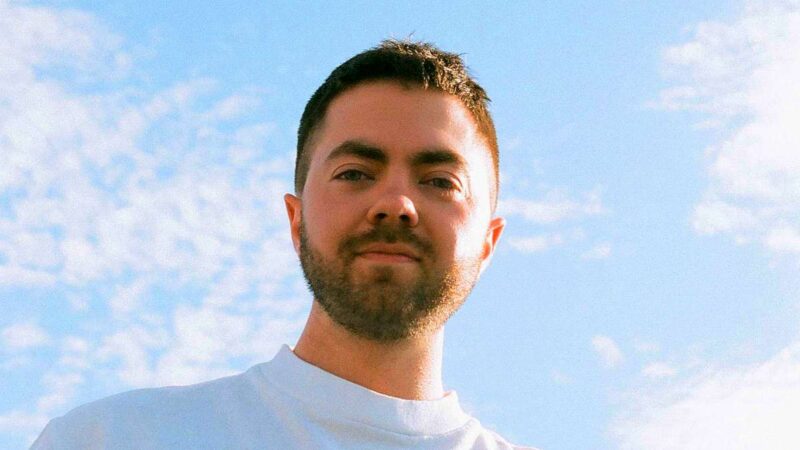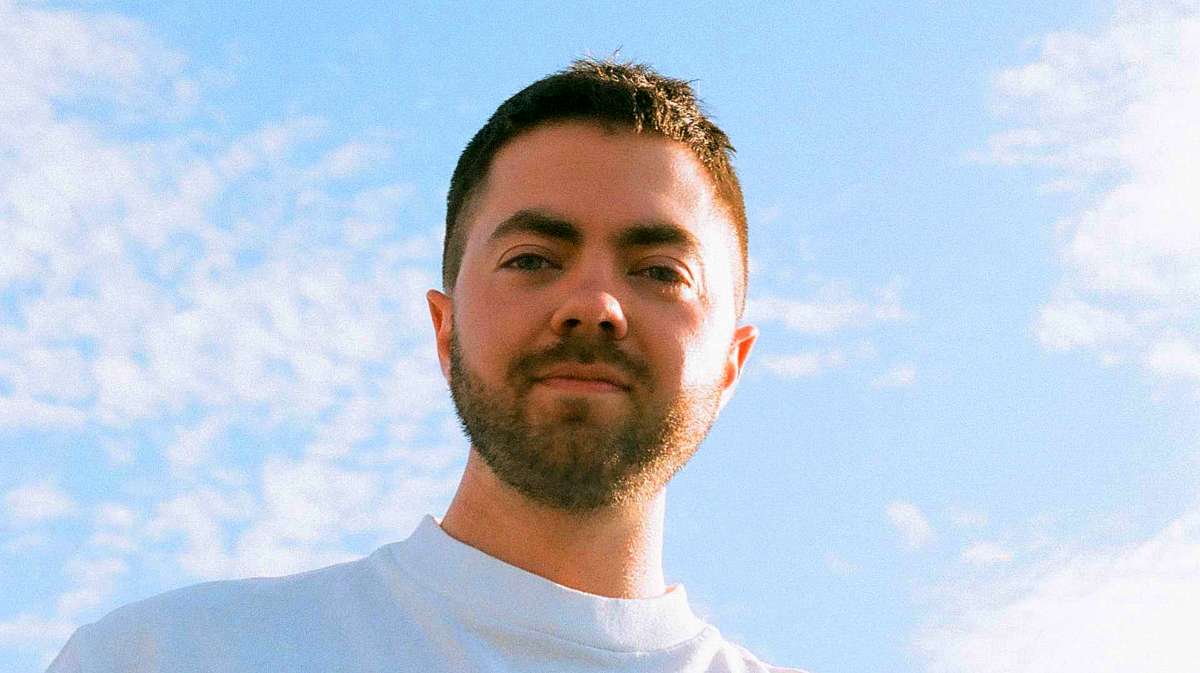
Philippe Grenier is a director known for his cinematic aesthetics, mastery of storytelling and well-defined creative worlds. He has directed campaigns for NISSAN, Subaru, Tourisme Montréal, IGA, and Tel-Jeunes. He is represented by the Maxime Vanasse agency.
In 2021, Philippe directed several episodes of the daily drama District 31. In 2024, he won the Gémeaux Award for Best Directing in the category of Best Youth Program or Series – Fiction for Premier Trio, aired on Tou.TV and Radio-Canada. His short film Muscat, shot in Morocco, was widely acclaimed, winning the Best Narrative Short Film award at the 2024 Provincetown Film Festival (Academy Award® qualifying).
indieactivity: How did you get into directing? How would you describe your style?
Philippe Grenier (PG): I always knew I wanted to make movies. I shot my first film when I was 9, and every job I’ve taken has been to pay for my equipment to make more movies. I studied television at university, and after that, I self-produced and directed my first short film, The Endless days. Since then, I’ve also shot several narrative music videos and directed television shows.
My work is driven by storytelling; I am largely inspired by the cinema I grew up with. I aim for beautiful shot compositions in order to give context to the action, and I tend to use close-up in moderation. That said, the style and technology I use varies from project to project, depending on the screenplay and what it inspires me to do.
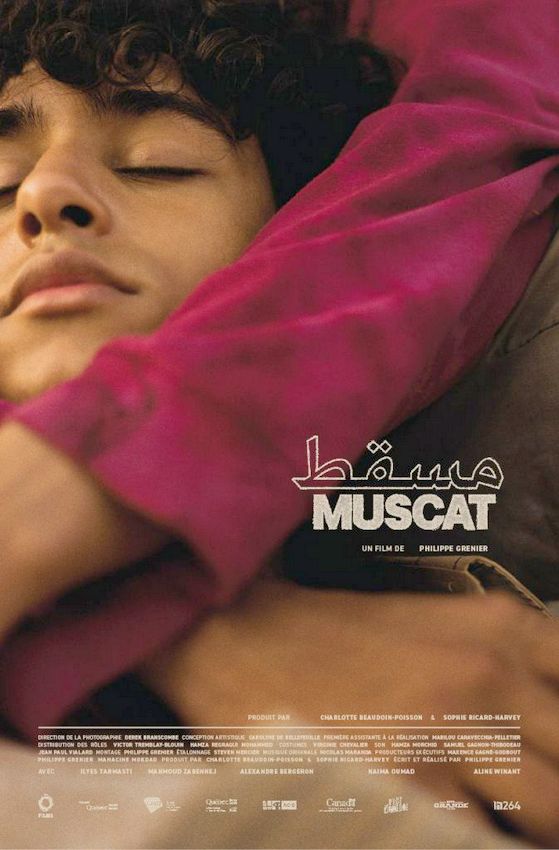
Do you hire a casting director, or do you like to choose the cast yourself? If so, what criteria go into your casting?
Philippe Grenier (PG): We hired two casting directors for Muscat. We worked very closely together; I never could have done the casting by myself.
For the two lead boys, I was looking for natural people, capable of creating chemistry together on screen. I wasn’t necessarily looking for young actors with a lot of experience in front of the camera. It was also really important they were comfortable with the film’s subject matter.
What went into the casting process for “MUSCAT”?
Philippe Grenier (PG): Victor Tremblay-Blouin led the casting process in Quebec. I was very impressed by the casting of the young boys in Fauve (a short film by Jeremy Comte, which was nominated at the 91st Academy Awards for Best Live Action Short Film), which Victor had worked on.
We fell for Ilyes Tarmasti and Mahmoud Zabennej’s natural charm; these two young actors had never shot a film before this one. I was really impressed by their intuition, their fraternal chemistry, and their tremendous presence. I knew Alexandre Bergeron’s work, but I had never worked with him. He blew us away at the auditions.
In Morocco, we worked with Hamza Regragui Mohamed. Hamza did a phenomenal job finding actors from Casablanca, Marrakesh, and Essaouira to participate in the film. And, fun fact, Hamza is also an actor in the film.
For the supporting roles and extras, we worked with locals. In the fish market scene, for example, those are real fishermen and fish sellers. It was also really lovely collaborating with the people we met in Moulay Bouzerktoun who participated in all our final scenes.
The Official Trailer for Muscat Directed by Philippe Grenier
Without giving anything away, tell us a little bit about the script, how did you come up with the idea?
Philippe Grenier (PG): The original idea for this film was inspired by a family story my grandmother told me. Actually, the ending is based on her distant cousin’s heartbreaking travel story.
The great narrative and cinematic potential in that story captivated me, and I began writing the script from the point of view of the cousin and her husband. I then wanted to make it my own, by telling the story through the eyes of a fictional character who was closer to me and the social issues I care deeply about.
The communication breakdown that the 2 tourists from Quebec find themselves in inspired me to write about the tribulations of a homosexual teenager who is unable to communicate openly with his family. This character quickly began to guide my writing, and Samir became the protagonist of Muscat.
Who is “MUSCAT” for? Who do you think would enjoy it the most?
Philippe Grenier (PG): I think Muscat speaks to everyone. The film addresses a very universal subject; it’s necessary to continue to speak about the issues that affect the LGBTQ+ community. I want to remind people that even today, in 2024, not everybody has the luxury to speak freely or love who they want.
I also hope my film can reach and speak to young people around the world who are questioning their own identity and don’t always see themselves on screen. And, I would have liked to have seen a film like this one when I was a teenager. It’s important to represent imperfect heroes who experience desire for someone of the same sex.
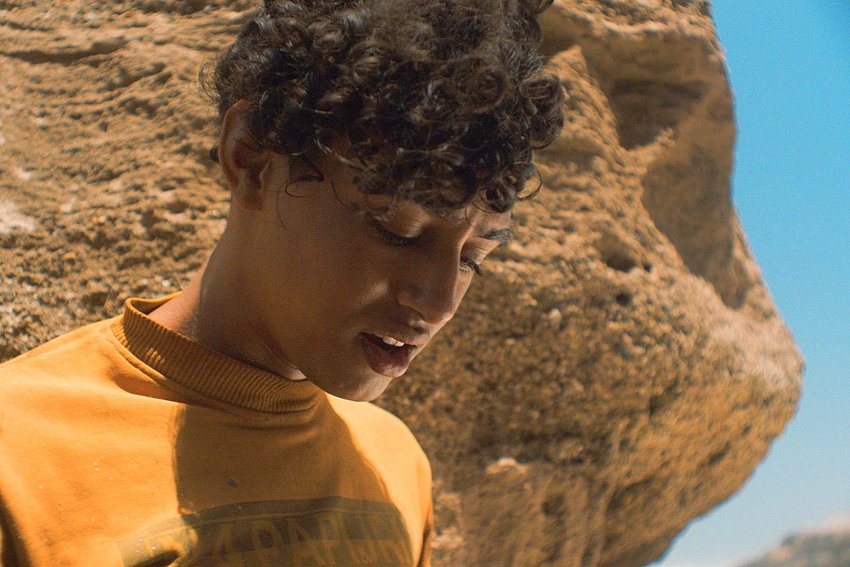
How long did it take to shoot the entire film?
Philippe Grenier (PG): The film was shot over the course of 5 days. It was fast and very intense!
How long was the post-production process?
Philippe Grenier (PG): Post-production took a little bit longer, we spent a few months editing it. I must have made 15 different versions of the film. I was very happy once the film reached picture lock, because the mixing, original composition, and color grading steps took much less time after that. I was working with an exceptional team of collaborators, which made this last step really energizing.
The film had a lot of talent working behind the scenes as DPs, sound designers, composers, etc. Why is diversity important both in front of and behind the camera?
Philippe Grenier (PG): I think diversity enriches the creative process and reflects the society we’re living in. That can’t help but make our work and our stories stronger and richer.
A diverse team brings different experiences and ideas. It was truly inspiring to be surrounded by the amazing team who worked on Muscat. We found some great collaborators in Morocco who wanted to tell this story with us. We couldn’t even imagine doing this film without them.
The connections and the friendships we made on this film are honestly one of the most beautiful results of this project.
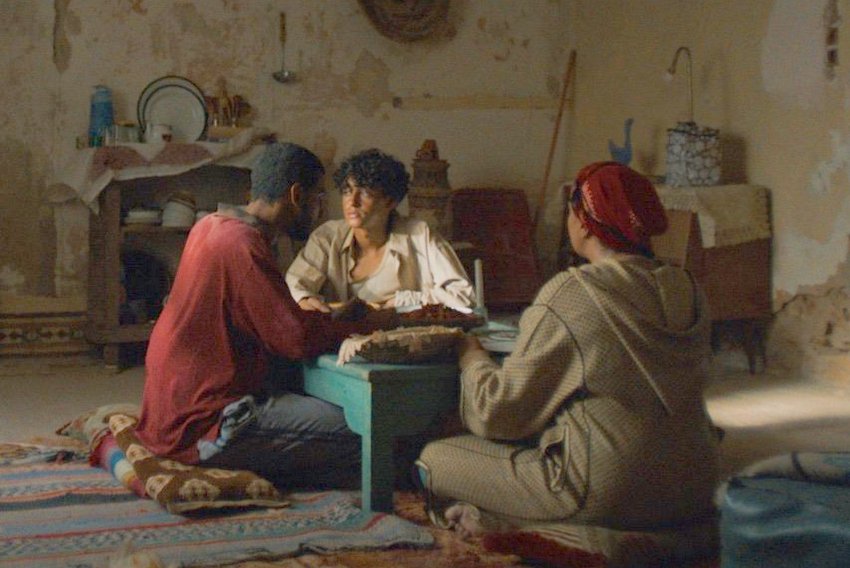
What are your goals with “MUSCAT”?
Philippe Grenier (PG): My primary goal with this film was first to reach and touch as many people as possible with this story, and for it to be seen in festivals. The film had a really incredible journey, and I am already extremely grateful for all the tremendous screening opportunities we’ve had.
It has also allowed me to meet such exceptional collaborators in Quebec and Morocco.
What’s next for you? What are you working on right now?
Philippe Grenier (PG): I just finished shooting a TV series I’ve been working on for the past 2 years. We just wrapped shooting the third season. Now, I’m writing my first feature film, Suzanne, Falling (working title). I am so excited about this project, and I sincerely hope it will reach production
What would you recommend to a new director at the beginning of his/ her journey? Any special courses, workshops, helpful books they can read?
Philippe Grenier (PG): I don’t think there’s any one path to become a director. In my case, I started studying film in CEGEP (public college in Quebec), then I was rejected from the film program at the university, so I majored in television. Then after leaving school, I took all my savings and invested them in a film I wrote, directed, and self-produced.
I would say the most important thing is to create your own opportunities. No matter the cost, the “no’s” you’re going to hear, the obstacles in your way: if you have a story to tell, just do it.
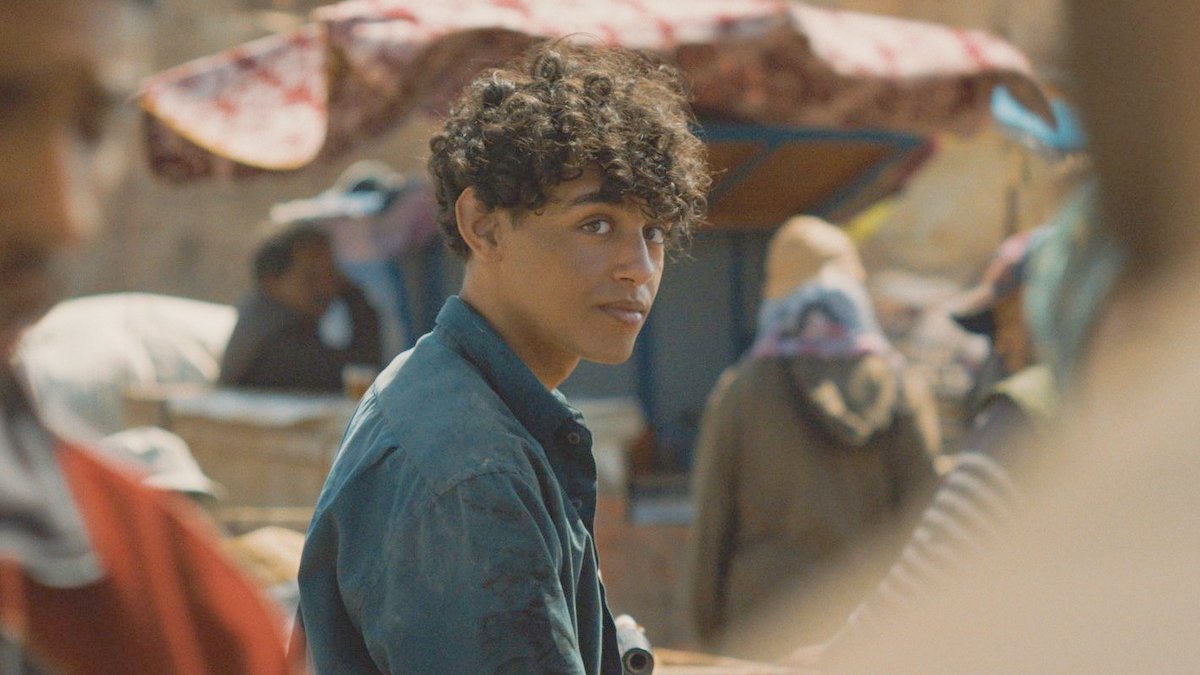
Who is your favorite director? Why?
Philippe Grenier (PG): That’s tough. I like too many directors to name just one! I greatly admire David Fincher’s work, Se7en is one of my favorite films of all time. Listening to his films made me want to make movies. I’ve loved Denis Villeneuve (from Quebec!) since his very first films. His journey is incredible and truly inspiring.
Otherwise, I really like Eliza Hittman, Gus Van Sant, and Ruben Östlund’s films, just to name a few.
What advice would you give directors around the world?
Philippe Grenier (PG): Work hard. Dream big, and never give up!
Tell us what you think of the interview with Philippe Grenier. What do you think of it? What ideas did you get? Do you have any suggestions? Or did it help you? Let’s have your comments below and/or on Facebook, Instagram, or Twitter.
Socials
Website
IMDb
Facebook
LinkedIn
Instagram
Vimeo
FILMMAKER INTERVIEWS

